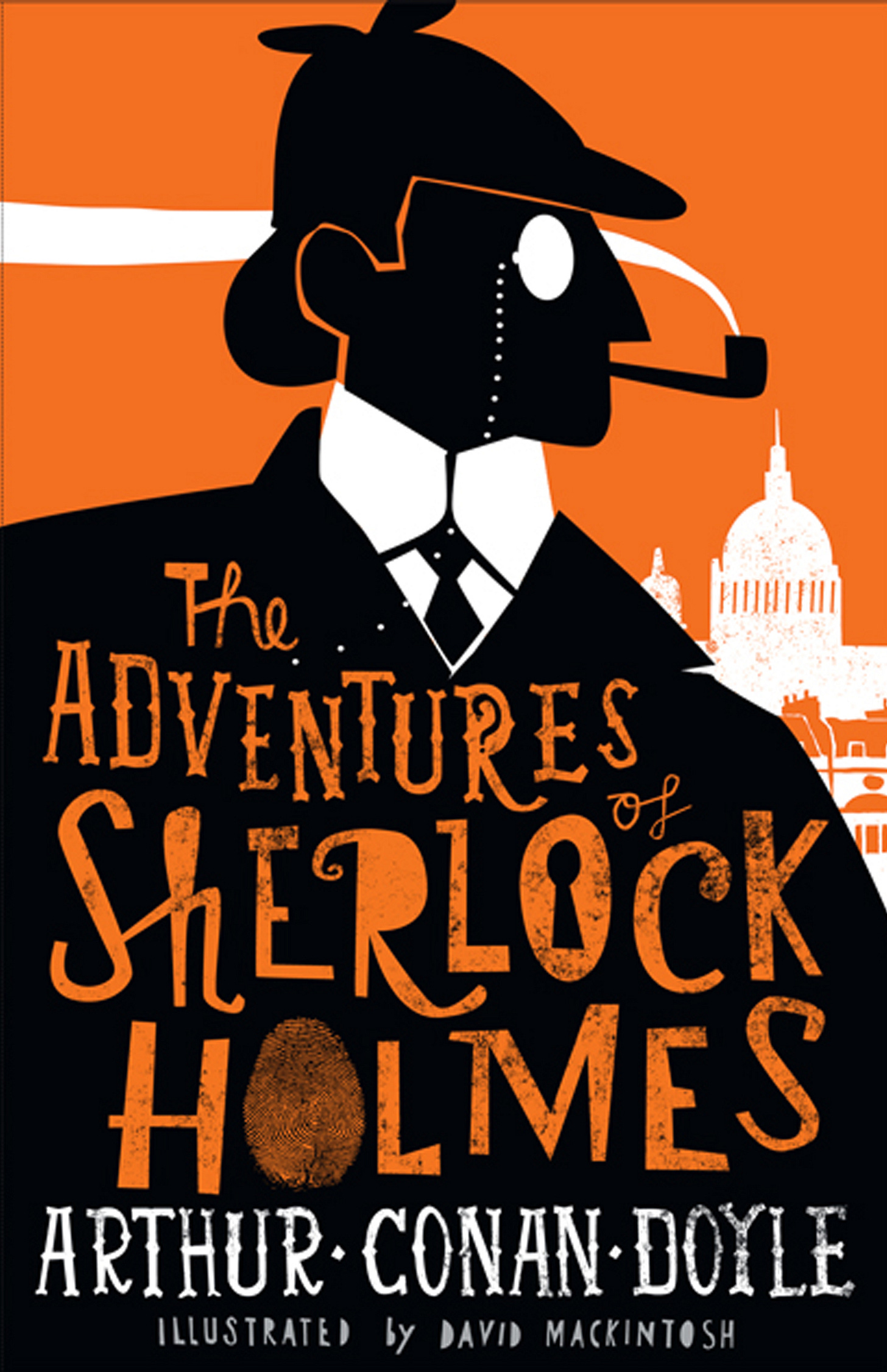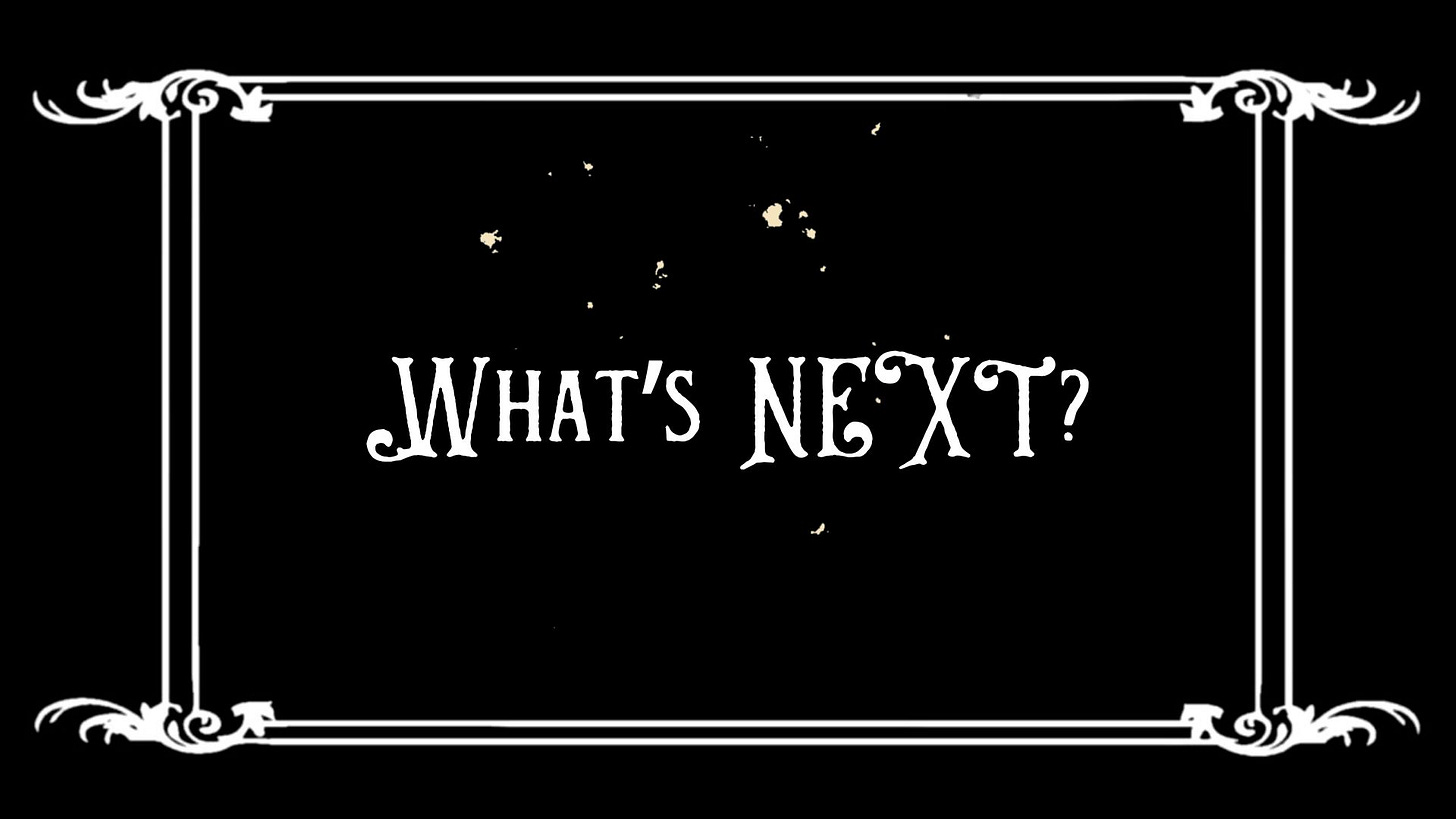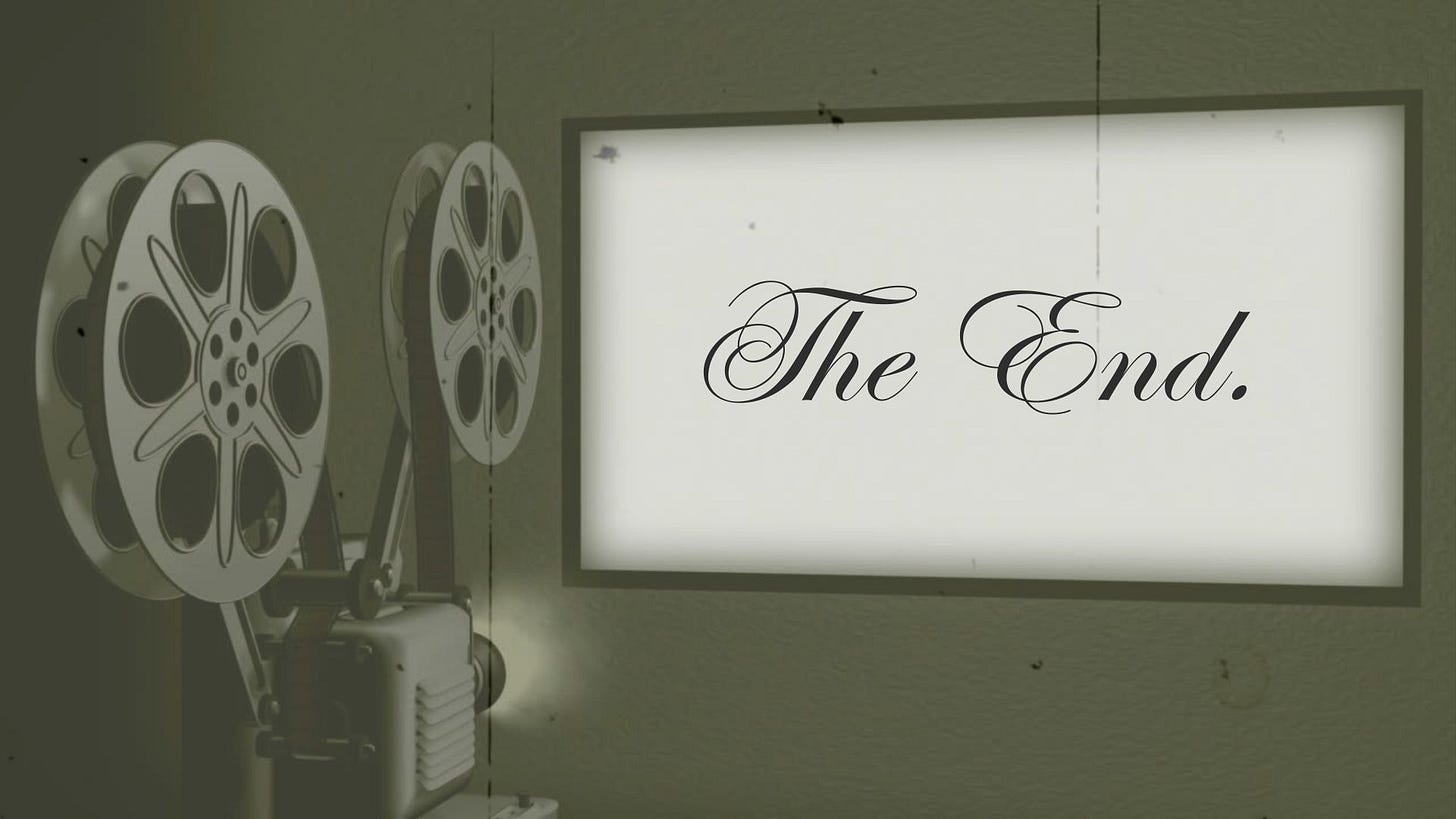TSBT42: Sherlock Holmes
221B Baker Street. The Brownstone
I have always been intrigued by Sherlock Holmes. Maybe the character offered some solace that maybe to be a genius, you had to have some degree of madness. Perhaps it was how the character fluctuated between a little black, a little white, and a lot of grey.
Or it was in the actors that portrayed him. Or maybe it was how he thought, how he said things, the tone he used, his mysterious mind palace, and one factor: his drug use. He was not perfect, and his weakness made him a little more human and relatable. Despite the smartness, calculatedness, and derivatives, there was an ordinary human.
The first Sherlock that I ever watched was portrayed by Robert Downey Jr. Even then, I was on a quest to see more of the other characters he played because I was intrigued by his portrayal of Tony. But this is not about Tony; it's about Sherlock. Sherlock was one I followed in all the different forms. I have watched Benedict Cumberbatch's version and, more recently, Jonathan Lee Miller's version. And I have loved every single version.
I remember once, on one of the many streets in Amsterdam, I went to a bookstore. I wanted to find the secret treasures, and what better way to achieve that than to walk into the different bookstores, explore, and get lost in the letters and words that flow from the books? I remember seeing a Sherlock Holmes book. It had a black and white cover and smelled musky with a hint of almonds. I felt drawn to it as if it had decided to pick me as its owner, shining with all its lustre and allure. I went through it and pictured it in my bookcase in the exact position it would be, not too close to the edge, not too far that I would forget I had it. It was where it was supposed to be. But I also feared that all that I had imagined and pictured him to be would be different in a good way. Books are the source material, and I was scared of finding out that maybe I had the weak version and the book would provide more, but I was not ready to let go of what I had known, not yet anyway. I returned the book and collected yet another notebook because they were my infinity stones, and that was that.
Yesterday, I finished watching Elementary, and like all the good shows, I knew the end was near. It's funny how sometimes you know something will eventually end, which should give you a headstart on the sadness, so by the time you get there, you are close to finalising the sadness, but it does not work like that. I get invested in shows sometimes, especially ones where I have seen the character grow, and this was one of the shows. It felt as if I was accidentally saying goodbye to a couple of friends I met and who were leaving to fulfil a quest explicitly made for them. I would no longer be part of the journey, or rather, when we met again, we would be too different in that I would know too much. They would still be identical versions, and what we had for the first time and the first time experience could not be replicated, not with this version but in the next one. But at least I will always have the memories, the ones where I did not know how it ended.
I am now back again, looking for my next investment. It might be a show or a book series—who knows?
In a future decade, I might leave everything behind and become an artist, do paintings on Monday because Monday blues on a canvas sounds nice, and dance on a Tuesday to celebrate getting through Monday. Wednesday would be a rest day because I need a break, Thursday would be swimming, and Fridays would be for writing because that is when most humans are happy, sometimes sitting in parks, on the beach, and watching life go by. Friday is a watch-and-write day because writing also involves observing and spotting nuances, people, and things and seeing the ordinary in an extraordinary light.
But we are not in the future decade. We are in the present, where I would like to share resources that make your life easier, like understanding good Data Engineering Architecture.
Statistics on top 10 Python Web Frameworks and how one of your fave frameworks compares to others.
Software design basics remind me of one of my undergraduate units.
This year, transfer season is all year round. Here are 10 tips to become 10x better in Tech Interviews.
Murphy's law and 12 other software engineering laws that will help you become a better software engineer.
Edward Li's blog post explores advanced Python features like metaclasses, descriptors, and coroutines, demonstrating how they enable powerful and flexible programming paradigms.
Addy Osmani's first-principles thinking in software engineering encourages us to break down problems to their fundamental truths, inventing solutions instead of relying on existing ones and gaining a deeper understanding.
Python T-Strings are a feature of Python 3.14. This article explains why they are necessary and how to use them.
Programming and architectural paradigms share approaches to structuring software, each with distinct advantages for managing complexity and solving specific problems.
The word of the day is jeopardize. To jeopardize something or someone is to put them at risk or in danger.
Examples in a sentence:
The wrong decision could seriously jeopardize the success of the project.
I am making my grand departure into the unknown.
Until the next fortnight, my treasured reader, go forth, and may the odds ever be in your favour! 👏 🤖 ✊ ☠️ 🏹 🪖






